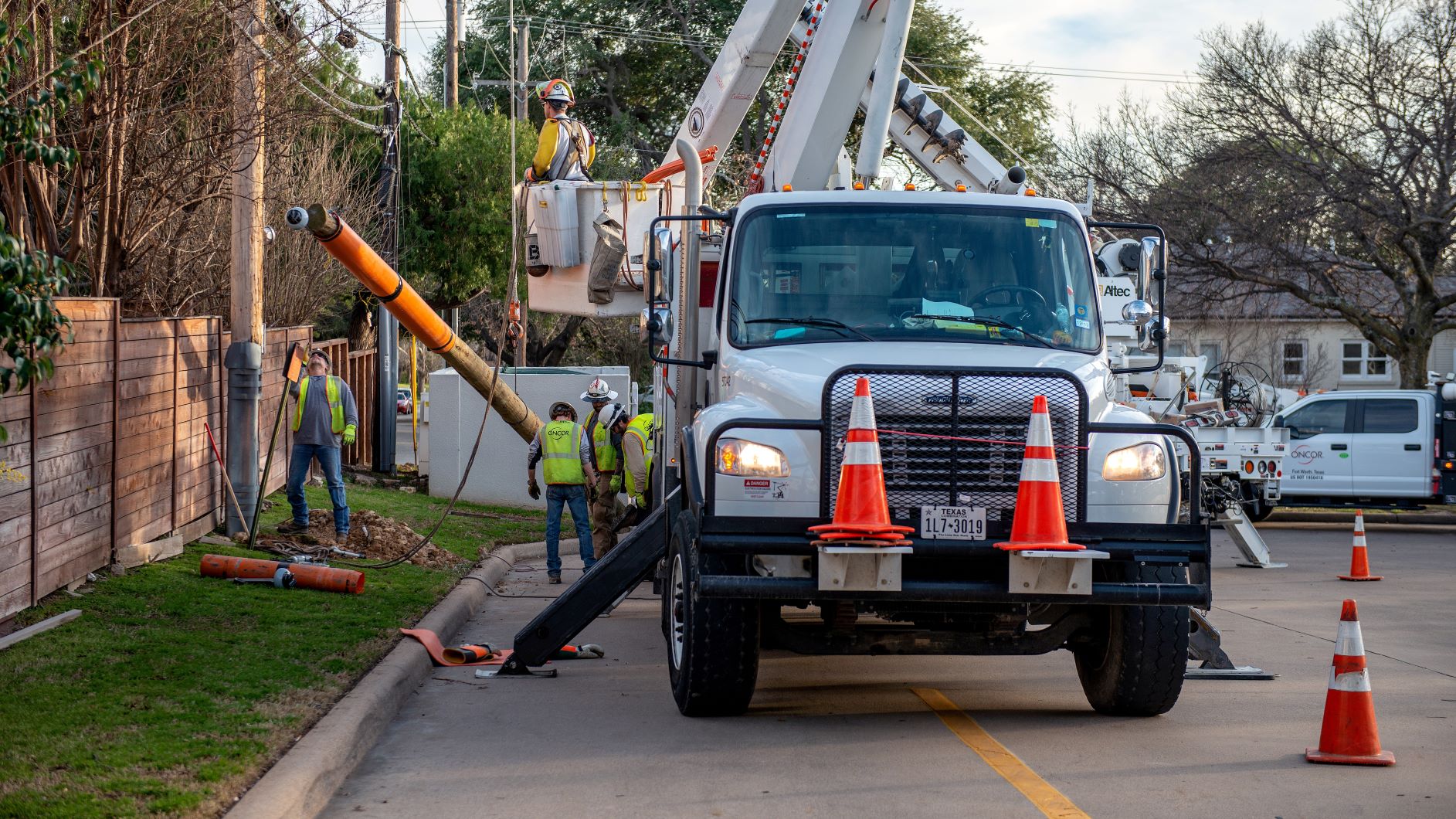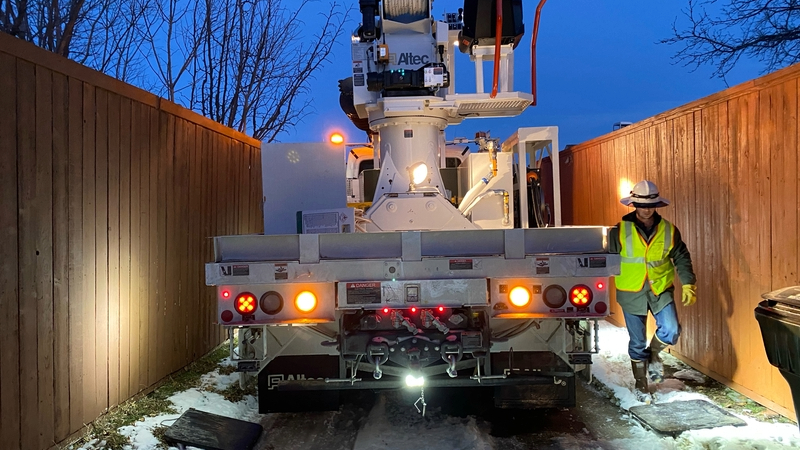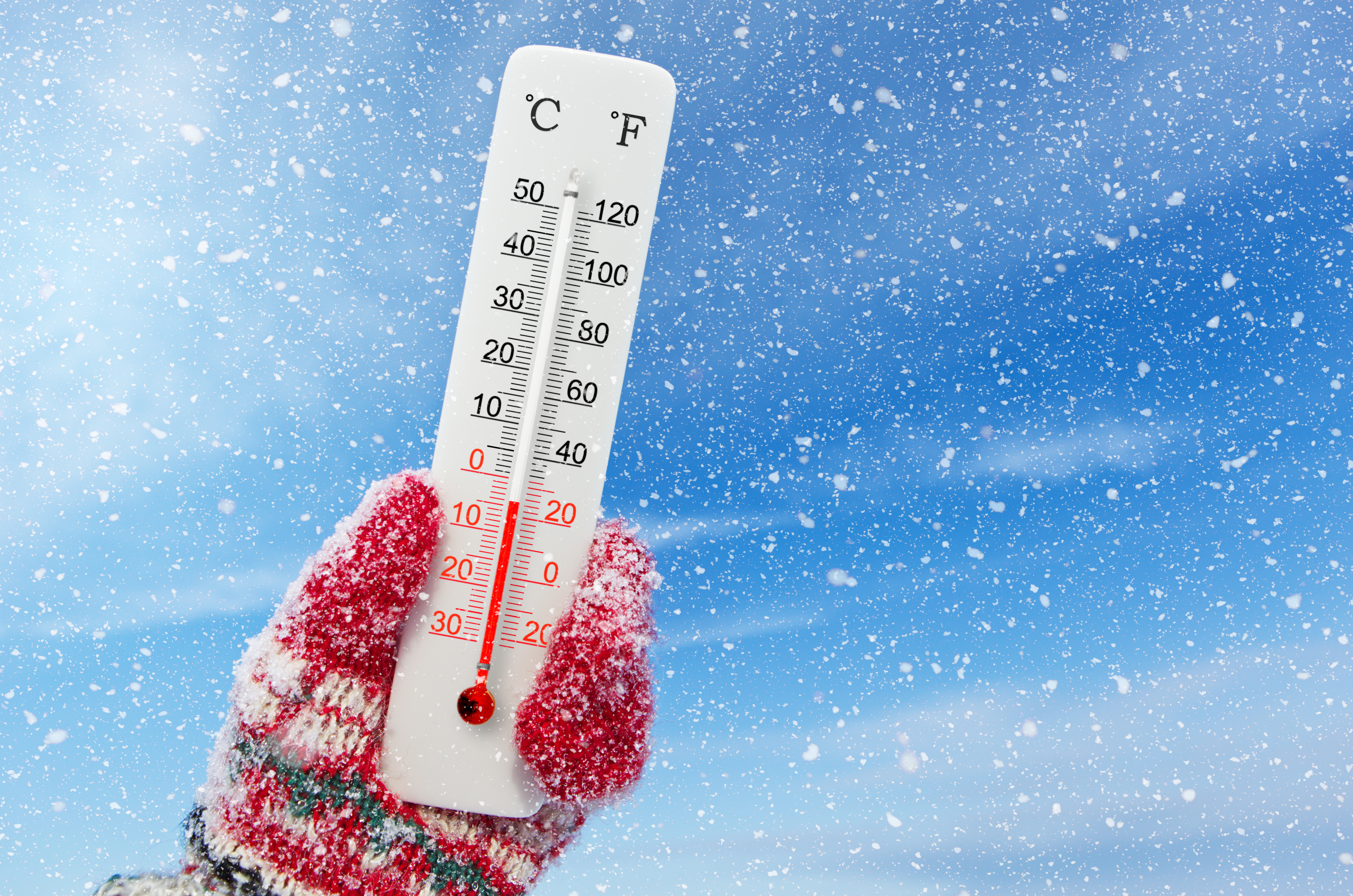-
Contact Us
-
General Inquiries/Service Requests:
- 888.313.6862
-
contactcenter@oncor.com
-
(Mon.-Fri., 8 a.m.-6 p.m. Central Time)
-
For Outages
- 888.313.4747
-
(24/7)
Emergency equipment like portable generators are a helpful tool to have ready in case of an emergency event or power outage. However, they can be hazardous if not used correctly.
According to the Federal Emergency Management Agency (FEMA), the three main hazards to avoid when using a generator are carbon monoxide (CO) poisoning from the toxic engine exhaust, electric shock or electrocution and fires.
FEMA and Ready.gov recommend you follow these safety tips below to keep safety top of mind when using your portable generator.
Avoid Carbon Monoxide Poisoning
Never set up a portable generator indoors or in any enclosed space, such as a garage or work shed, as dangerous CO toxins can build up and be fatal for people and pets. Only use generators outside and be sure they’re at least 20 feet away from any window, door or vent. Installing battery operated CO alarms in your home can also help you identify if these dangerous toxins are present.
It’s also important to note that using a grill, camp stove or other gasoline, propane, natural gas or charcoal burning equipment inside any enclosed space can be fatal and should also be avoided.
Avoid Electrocution or Electric Shock
Hooking up a portable generator directly to your home’s power supply could cause a surge in voltage and result in injury or death to a utility worker, member of the public or family member. Instead, be sure to call a qualified electrician to install the correct equipment in accordance with your city’s local electrical codes.
If you plan to use extension cords to connect your portable generator, make sure to use heavy-duty cords with no damage or tears.
Avoid Causing a Fire
Keep your generator and fuel outside and avoid storing fuel in your home, especially near fire burning appliances like a furnace or fire place.
No matter what natural gas or other flammable liquids you’re using, they should be kept outside of the home in appropriate containers and away from small children and pets. Be sure to also check for any small fuel spills that may have occurred.
Generators can run hot when being used for long periods of time and remain hot after they’ve stopped being used. Letting your generator cool down before refueling can prevent any accidental spills from igniting if they fall on the machine while it’s still hot.
Overall, following these safety tips and the manufactures instructions can help you stay safe when using a portabale generator.
To learn more about how to report an outage or check out our outage map visit Oncor.com.







